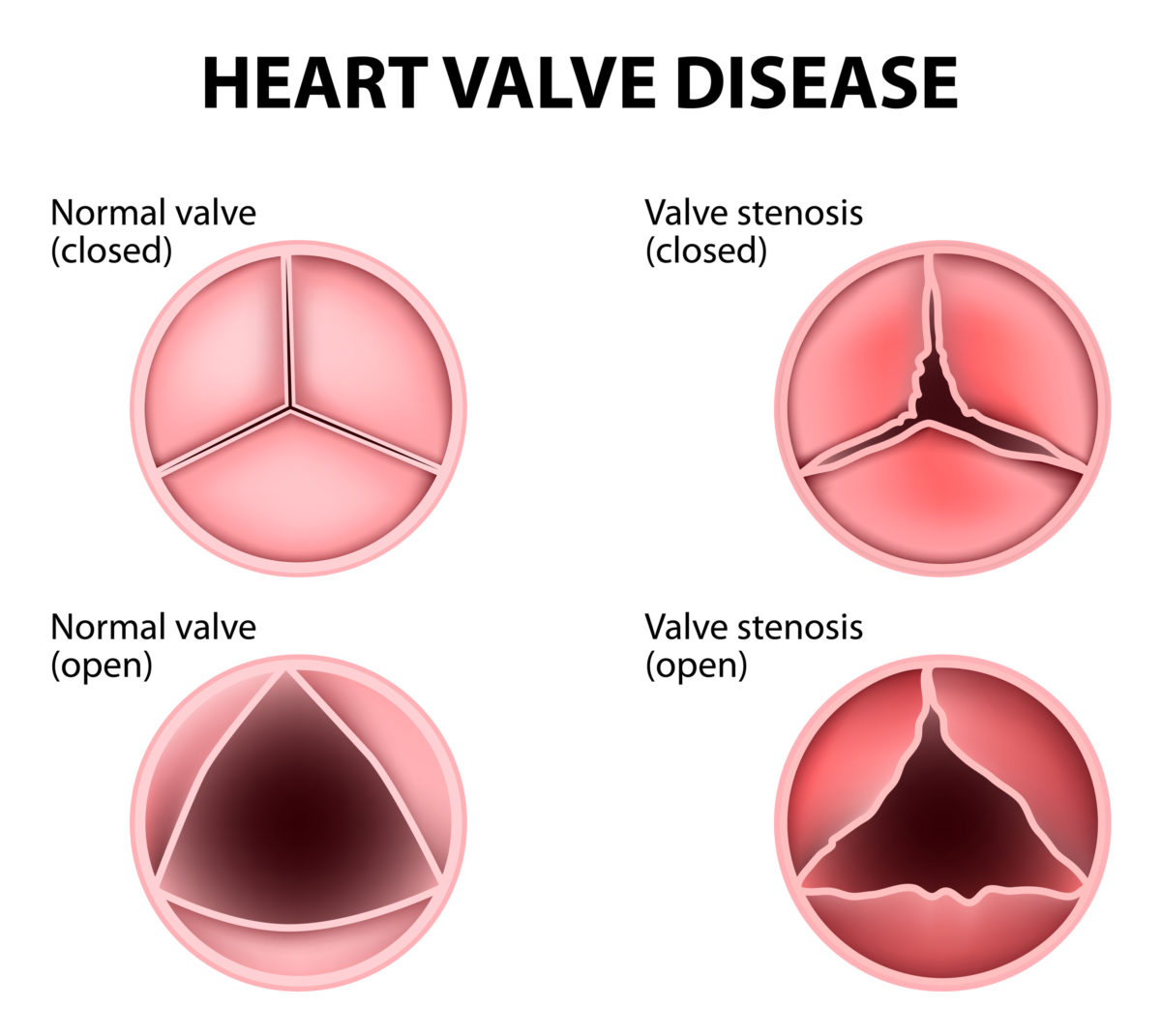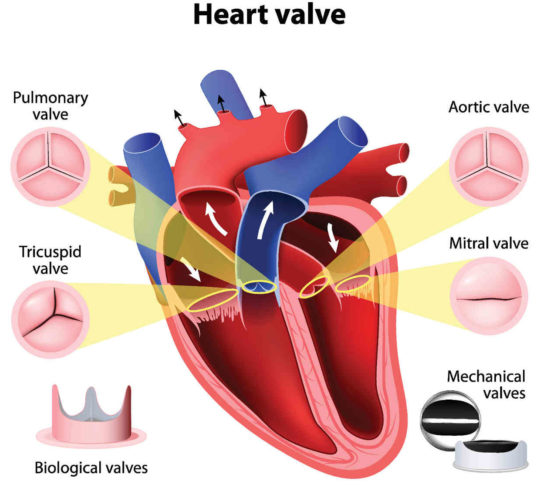One in four women dies of heart disease in the United States each year; this means about one woman dies every minute of this disease in this country. A new study from researchers in China is suggesting that breastfeeding may lower a woman’s risk of heart disease and stroke. So not only does the baby reap major benefits from breastfeeding, the mother does, as well.
In this study, researchers analyzed around 300,000 women in China. Women who had breastfed were 8 to 10 percent less likely to develop heart disease and stroke compared to mothers who did not breastfeed. Mothers who breastfed for 2 years or more were found to have an 18 percent less chance of developing heart disease compared to women who did not breastfeed. They saw a mother’s risk of these conditions decreased even further (3 to 4 percent) with every additional 6 months of breastfeeding.
Although this particular study cannot prove for certain that breastfeeding caused these women to have a lower risk, it does show that breastfeeding has benefits for the mother when it comes to her cardiovascular health. Researchers say this lowered risk of heart disease and stroke may be related to a metabolism “reset” that occurs following the pregnancy. It is hoped that these findings will help encourage more women to breastfeed.
Beyond cardiovascular health, it has been commonly known due to past studies that mothers who breastfeed can experience a lot of health benefits including weight loss, lowered blood pressure, lowered glucose levels, and lowered cholesterol.
Researchers want to conduct further studies on this subject matter with women in other countries to see if they can confirm these findings.
Currently, the American Academy of Pediatrics recommends women exclusively breastfeed for the baby’s first six months. After six months, mothers can breastfeed until 12 months while introducing foods into the baby’s daily diet.
Whether you have breastfed or not, as a woman you should pay close attention to your heart health. If you are currently suffering from heart disease and are looking for a cardiac surgeon, Dr. Peter Mikhail specializes in mitral valve surgery and aortic valve surgery in the Tampa, Clearwater, and New Port Richey area. To book an appointment, click here or call 727-312-4844.












